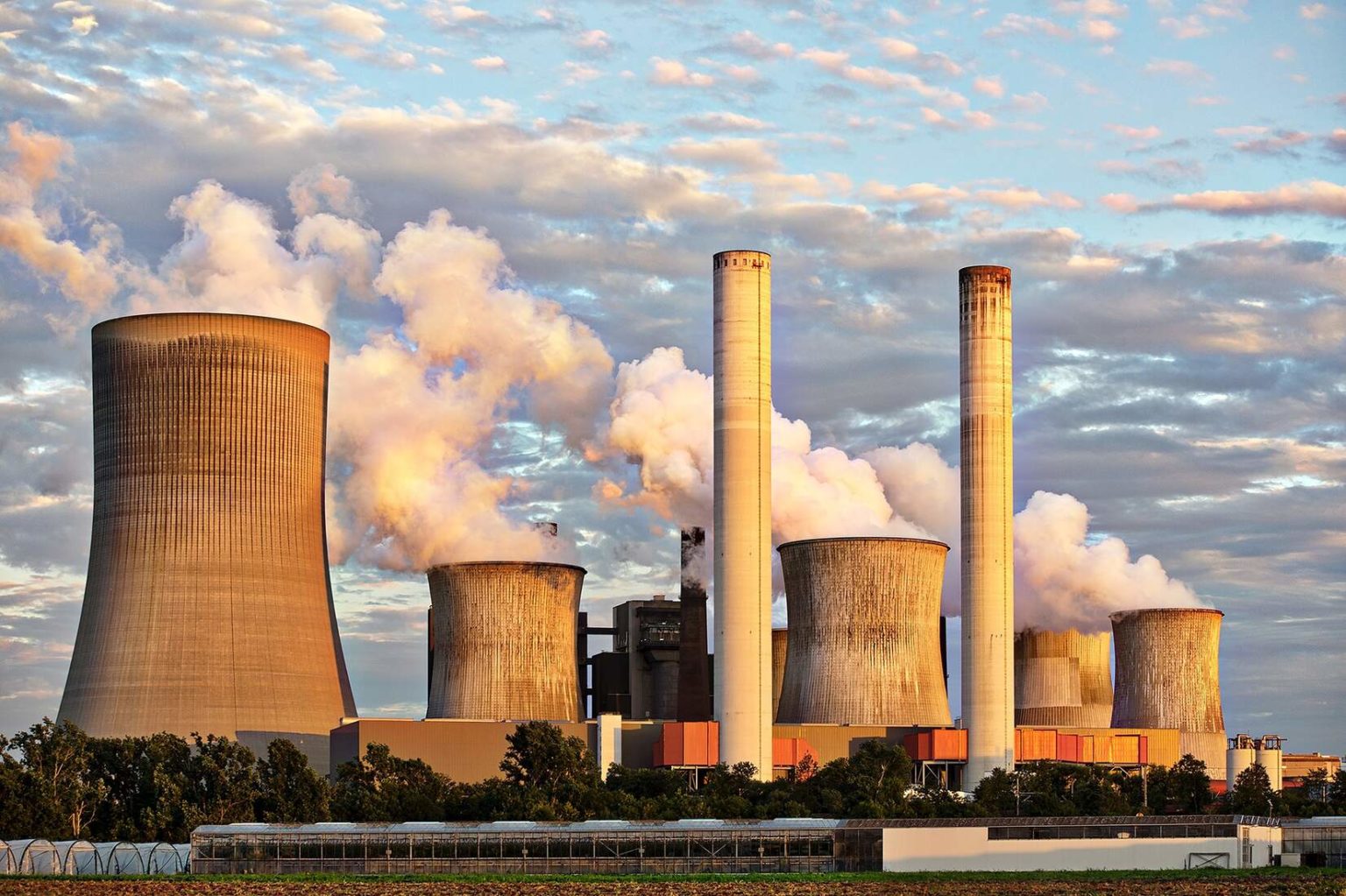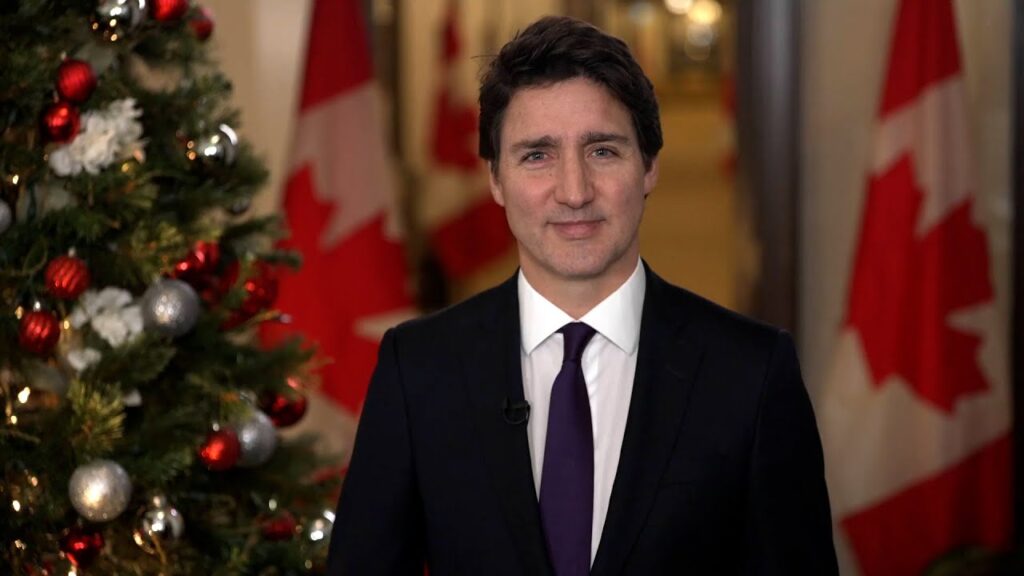British companies are increasingly moving their carbon credits into new offshore accounts to get around punitive measures from the EU and in preparation for a no-deal Brexit, DeSmog can reveal.
At least 35 companies have filed for EU emissions trading scheme (ETS) accounts in the Netherlands in recent months. Without these accounts, companies potentially face having millions of pounds’ worth of tradable carbon credits locked in the UK in the case of a no-deal Brexit, preventing companies from selling the permits. The new accounts brings the number of offshore carbon credit accounts traced by DeSmog up to 69.
The EU ETS is the world’s largest carbon market, and the UK is the scheme’s largest player. Companies must have permits for the amount they emit. If they emit less than their permits, they can sell the excess permits — creating a financial incentive to reduce emissions. If the UK leaves with no deal on 31 October, the country would cease to be part of the EU ETS, and therefore would likely have UK carbon permit accounts locked.
Environmental campaigners and business leaders have criticised the government for creating uncertainty around carbon trading, brought about by the risk of a no-deal Brexit. By forcing companies to open carbon credit accounts overseas to avoid potential losses, the government is risking the UK losing out on billions in tax revenue.
New accounts
As a no-deal Brexit is likely to lock the UK ETS and all emission allowances stored in the national registry, companies based in Britain are increasingly opening accounts with registries in other EU countries to avoid potential losses, DeSmog can reveal.
The Dutch Emissions Authority (NEA) says it has seen “a large increase in the number of applications for trade accounts from the United Kingdom.” NEA told DeSmog it has had 42 account requests filed “since 2018”, of which 20 have been approved and are active.
The majority of account holders are third party carbon traders, such as banks. There are also major polluters including energy companies Shell, BP, EDF and Drax.
Four new accounts have been opened on the Belgian Greenhouse Gas registry by multinational companies since January 2018, DeSmog has found, including by plastics and fracking company Ineos.
“The closer we got to the [Brexit] deadlines, the more enquiries we had, the more people were doing something about it,” said Tom Lord, Head of Trading and Risk Management for Redshaw Advisors, a carbon risk management and procurement firm.
“In the event of hard Brexit, in all likelihood, the Commission would lock those [UK] accounts because the UK would obviously cease to be part of the EU ETS. There is no clear indication on when, or if, they would ever regain access to the accounts”, Lord states.
In such a situation, companies’ credits could then be “money down the drain” as their allowances would be stuck in UK accounts. According to Lord, “when you consider some of the positions that people have that are more like tens of thousands or hundreds of thousands of surplus EUAs [European Union Allowances], then you’re talking huge sums of money – millions and millions of Euros potentially. It’s a huge risk that UK companies must address.”
UK companies could transfer credits allocated prior to 2019 into the new EU accounts to continue to trade, an EU ETS spokesperson said. “Allowances can be transferred without any restrictions and between any account holders, be it companies with compliance obligations or other ETS participants,” they said.
That means that opening an ETS account in other EU member state is “a prudent thing to do because of the risk of hard Brexit”, said Phil MacDonald, an emissions trading analyst at NGO Sandbag. “You protect the commodities you already own by moving to another country.”
Companies moving their carbon trading abroad could have a significant impact on the UK’s tax revenue, with a UK-only scheme potentially lessening the incentive for British companies to pollute if the domestic carbon price was lower than the EU ETS‘ current high of €29 per tonne. The EU price has finally risen to a level that could materially affect companies’ activities after multiple rounds of reform to the system to control the flow of permits.
Carbon trading is taxed in the country it occurs. With so many companies moving their trading activities overseas in preparation for a no-deal Brexit, the UK government is losing billions in tax revenue. Sandbag calculated the UK government could be losing as much as £1 billion to £1.5 billion in tax revenue as a consequence of not auctioning new permits.
The EU’s suspension on the UK allocation of new allowances will be lifted if the UK and EU sign a Withdrawal Agreement before the 31 October deadline.
Additional reporting by Adriana Homolova/Pointer.
Image: Benita Welter/Pixabay Pixabay License. Updated 16/07/2019: An explanatory line was added about why the UK-only scheme may reduce incentives to cut emissions.
Subscribe to our newsletter
Stay up to date with DeSmog news and alerts







